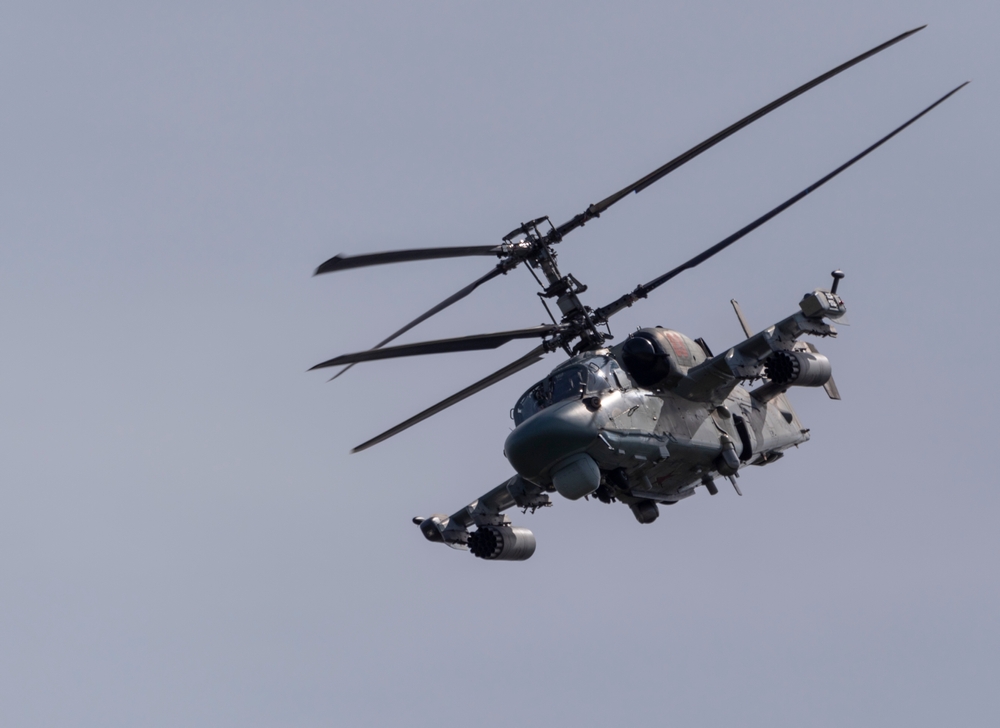The Ka-52 is the 58th helicopter of its type lost by Russia during the war.
Others are reading now
Friendly fire is an unfortunate reality of war. Even with advanced technologies, communication breakdowns and chaotic battlefields can lead to tragic mistakes.
Throughout history, incidents of friendly fire have claimed lives and damaged military campaigns.
The war in Ukraine is no exception, with Russian forces reportedly grappling with internal errors amidst the ongoing conflict.
In a recent example, a Ka-52 “Alligator” attack helicopter was reportedly downed by Russian forces, marking yet another operational mishap.
Also read
According to Russian sources on Telegram and WP, the incident occurred on December 18, though details only surfaced days later.
Another Loss for Russia’s Advanced Fleet
Initial investigations indicate that the helicopter was mistakenly targeted by Russian troops.
Tragically, both crew members onboard were killed in the incident.
The Ka-52 is the 58th helicopter of its type lost by Russia during the conflict in Ukraine. Notably, several of these losses have been attributed to friendly fire, raising questions about operational protocols.
The Ka-52 was once hailed as a symbol of Russia’s aviation prowess. Its advanced features include counter-rotating dual rotors and a high-tech self-defense system.
Despite this, the helicopter has struggled to live up to its reputation. Nearly half of all Russian helicopter losses in the war have been Ka-52s.
The financial and logistical toll of these losses is significant. Each Ka-52 costs an estimated $25 million to produce, with only 10-20 units manufactured annually.
This production rate falls far short of compensating for the high rate of attrition.
Adding to the challenges is the helicopter’s ejection system, a feature that was supposed to enhance crew safety.
The system uses explosive charges to detach the rotor blades, clearing the way for pilot ejection. However, reports suggest that Russian pilots are reluctant to use the feature, even in dire situations, due to mistrust in its reliability.


